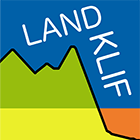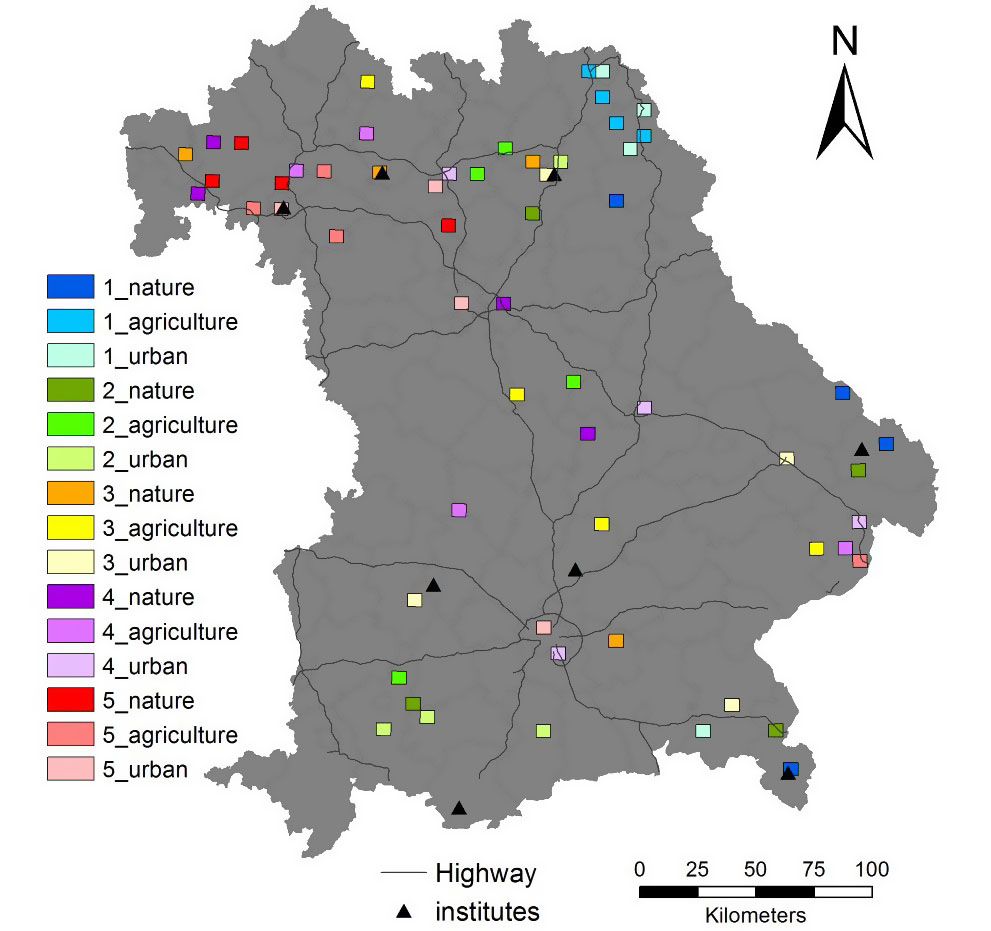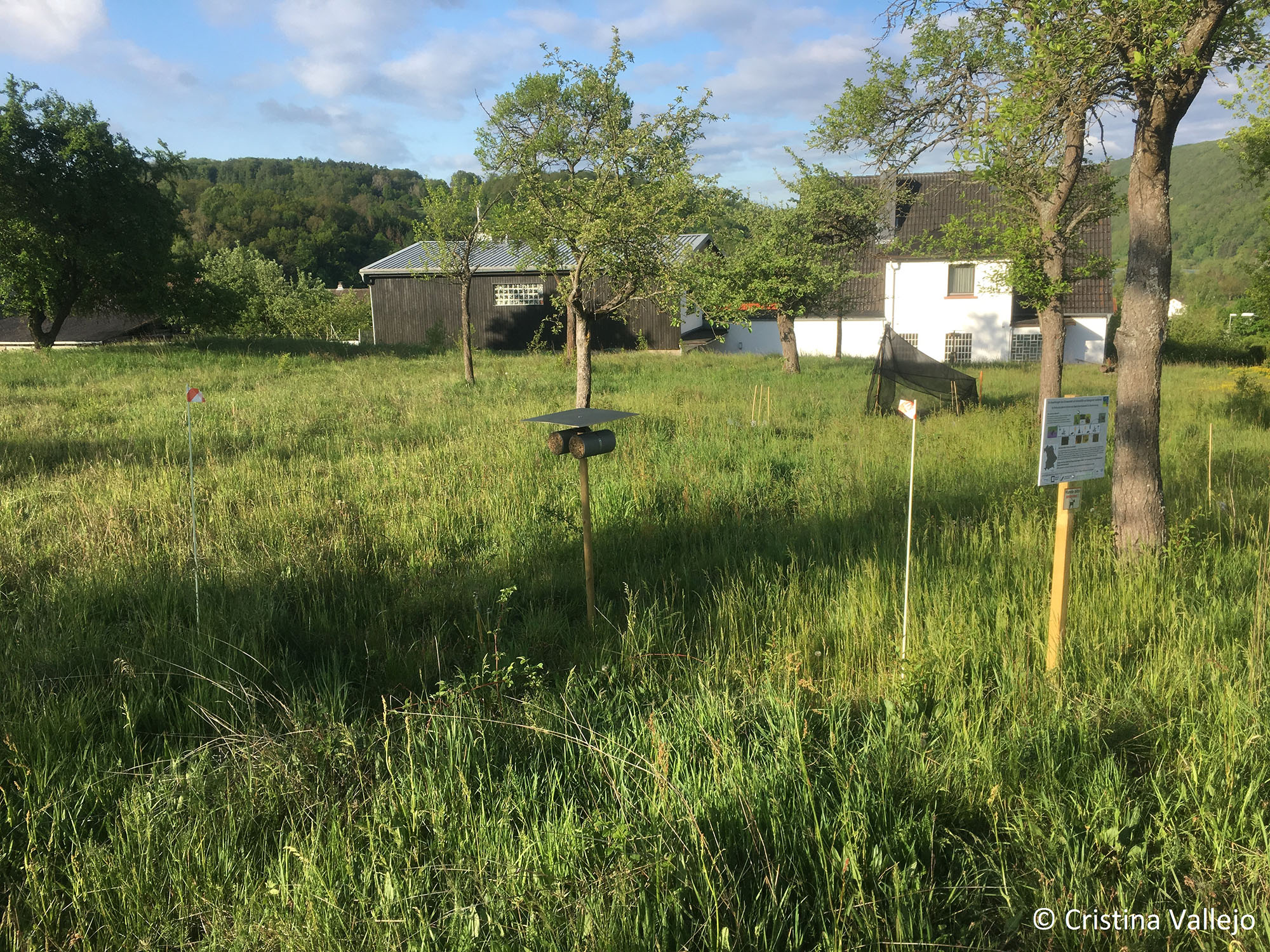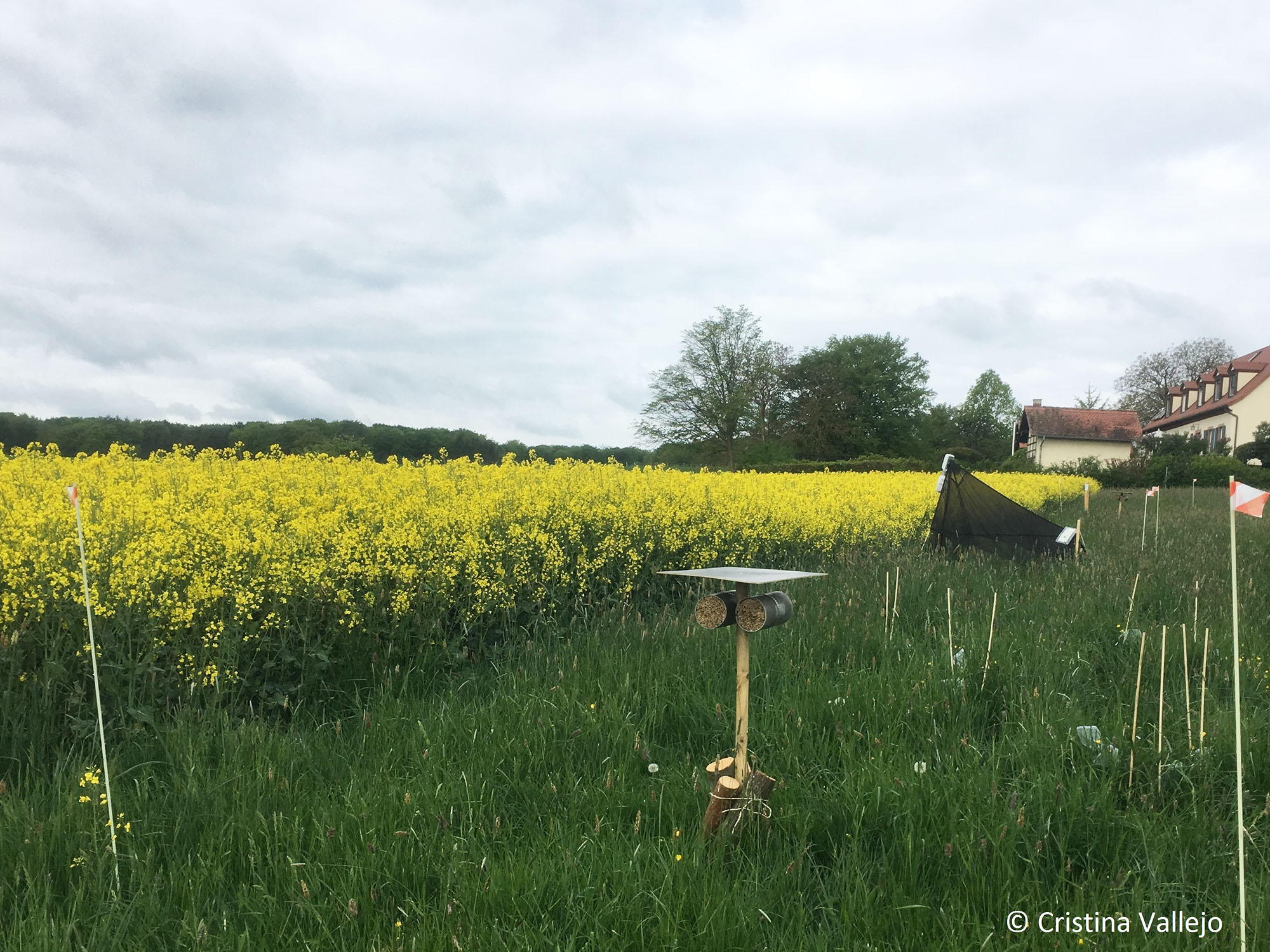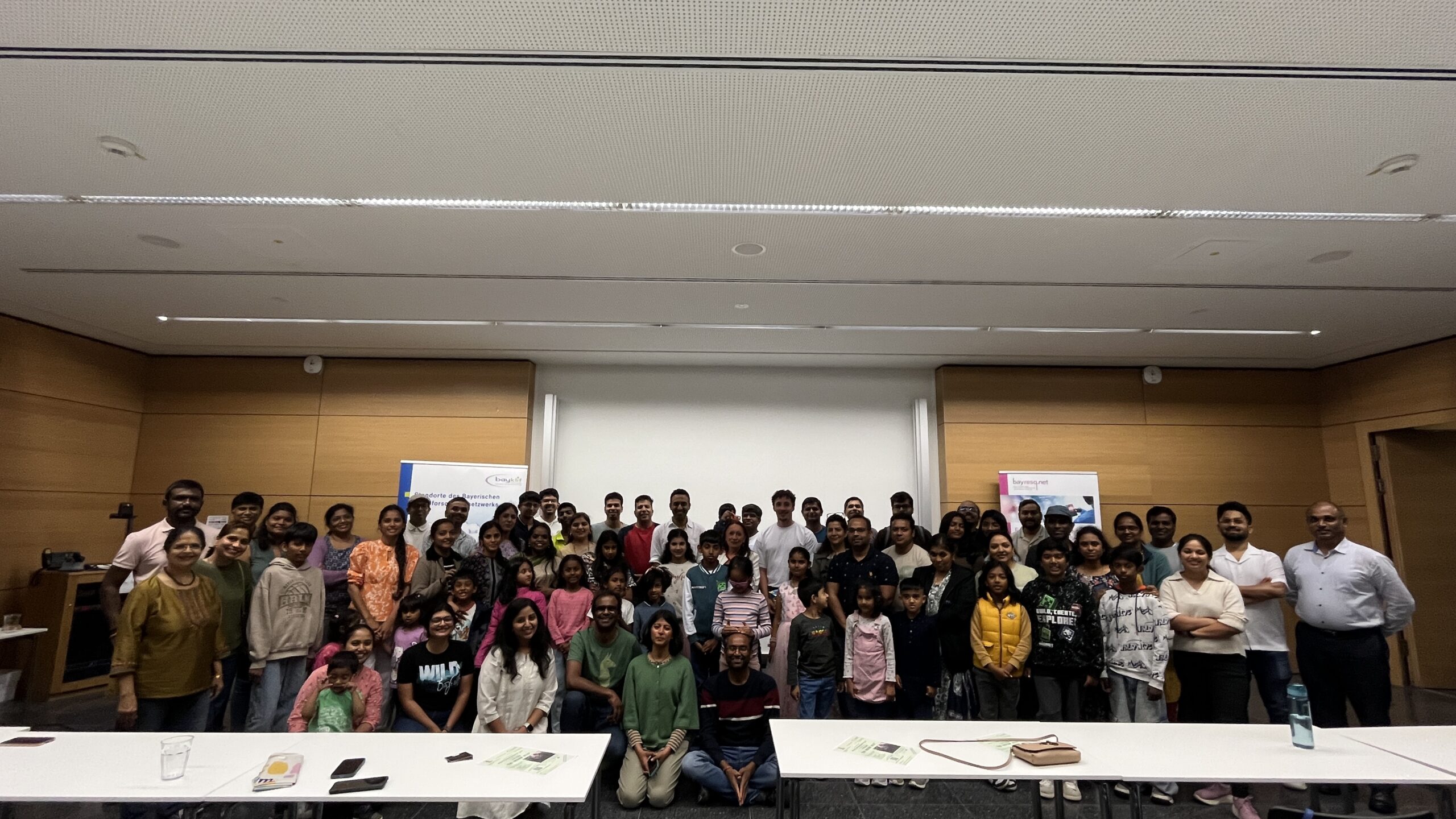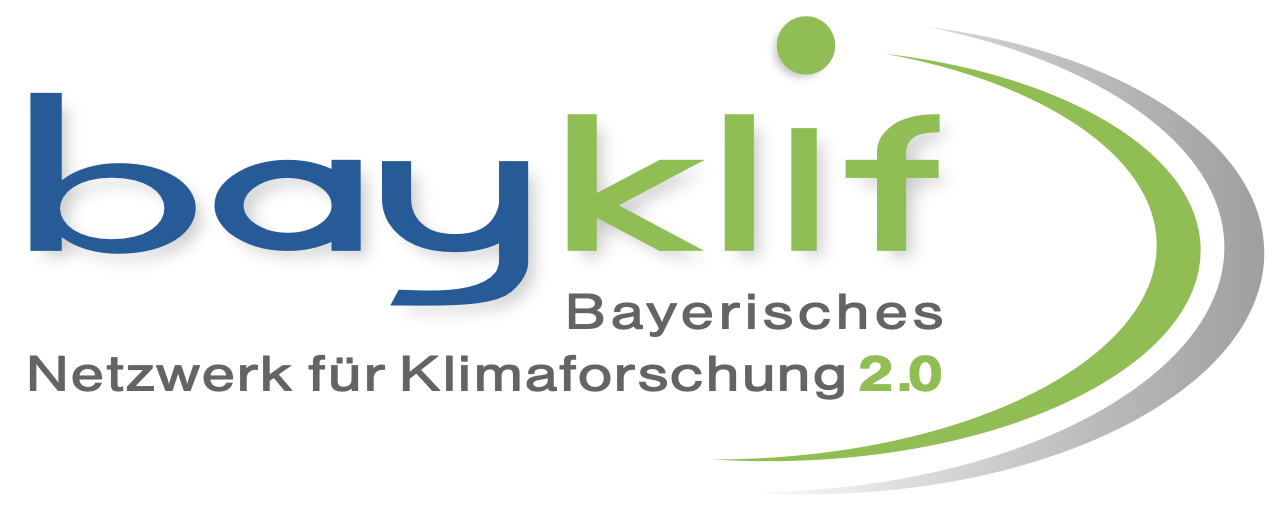Two years have passed since the launch of the LandKlif project and much has happened since then.
Right at the beginning of the first project year in 2019, a large-scale field trial was set up, stretching from south to north and east to west across Bavaria, with 60 regions (Fig 1) and 179 study plots. Our design was to independently investigate the influence of climate and land use on biodiversity and ecological functions. At the study sites (Fig 2 + 3) in forests, grasslands, fields, and settlements, a team of 12 junior scientists and many helpers collected a wide range of data on biodiversity and ecological services. This included surveying plants, flying and crawling insects, and wildlife, soil microbial surveys, drone flyovers, experiments to measure pollination performance, natural pest control and decomposition processes, and more. The field work was sweaty and hard, but it was worth it. Together with a series of laboratory and climate chamber experiments, a unique dataset has emerged that provides us with new insights into the effects of climate and land use on our Bavarian ecosystems.
The interrelationships are coming to light through the statistical analyses that began with the second year of the project, 2020. And although the year presented us with many challenges, it was extremely successful. In addition to further experiments and Bavaria-wide surveys of various stakeholders on the topic of “Impacts of Climate Change in Bavaria”, a digital LandKlif statistics workshop gave the young scientists the opportunity to evaluate their collected data with professional support. For this purpose, Dr. Bob Douma from Wageningen University (Netherlands) provided advice and support. You can read the first results of the research and the joint statistics workshop in the LandKlif Christmas Post 2020. Knowledge communication was also pushed forward. The LandKlif project has already been presented at various conferences and in public lectures.
More exciting research and new findings are expected in the third project year 2021. In the spring, we will take an in-depth look at “publishing” in a second workshop, a topic that will become increasingly important in the future as more scientific manuscripts are prepared and submitted for publication. Workshops for the general public are also planned.
We thank the Bayklif Climate Research Network for their great support. A big “Thank you!” also to all the landowners and government agencies that made our research possible in the first place, and of course to the fantastic, international LandKlif team for their tireless work and thirst for knowledge that drives the project forward.
The LandKlif Team
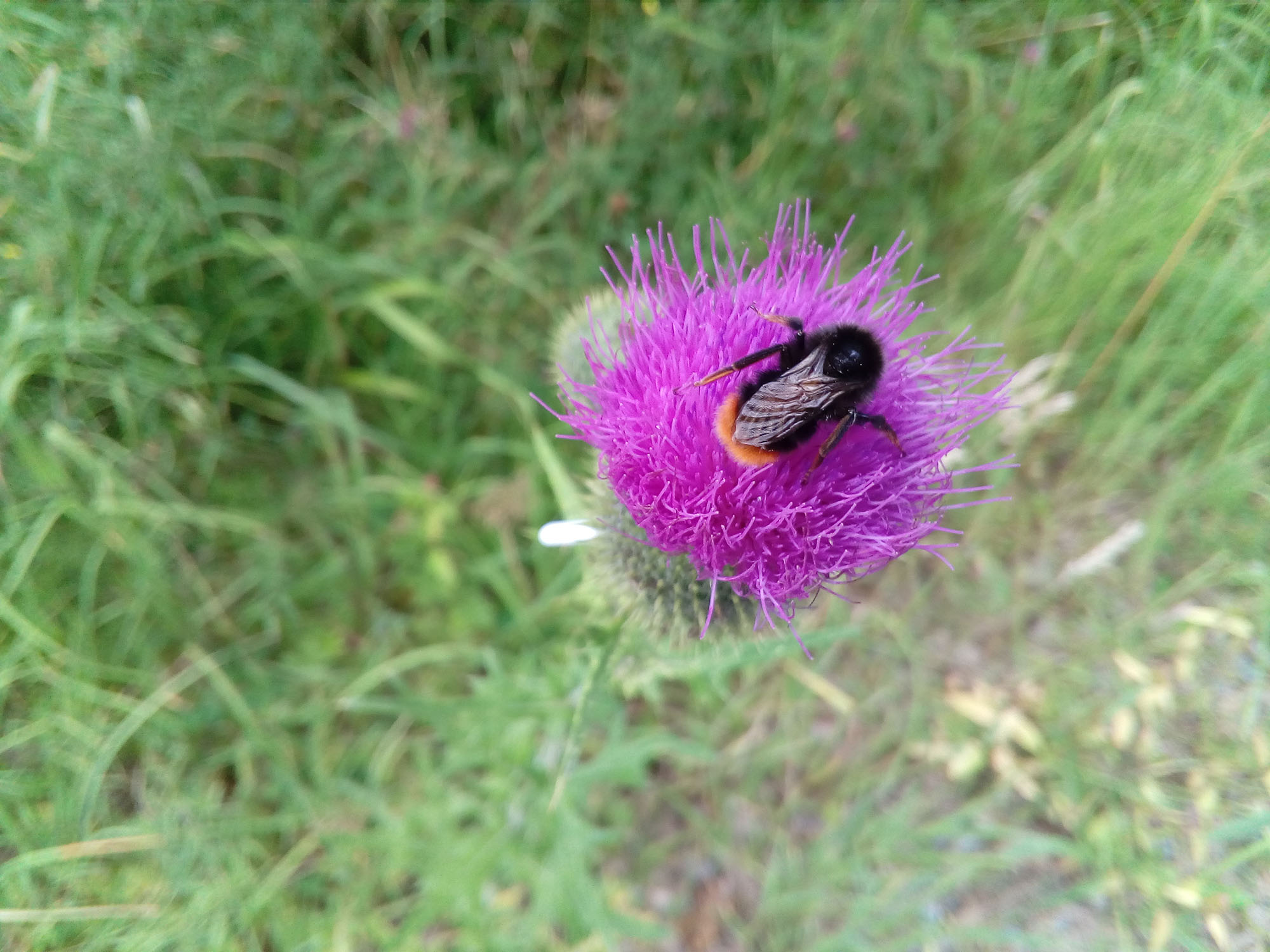
Sarah Redlich 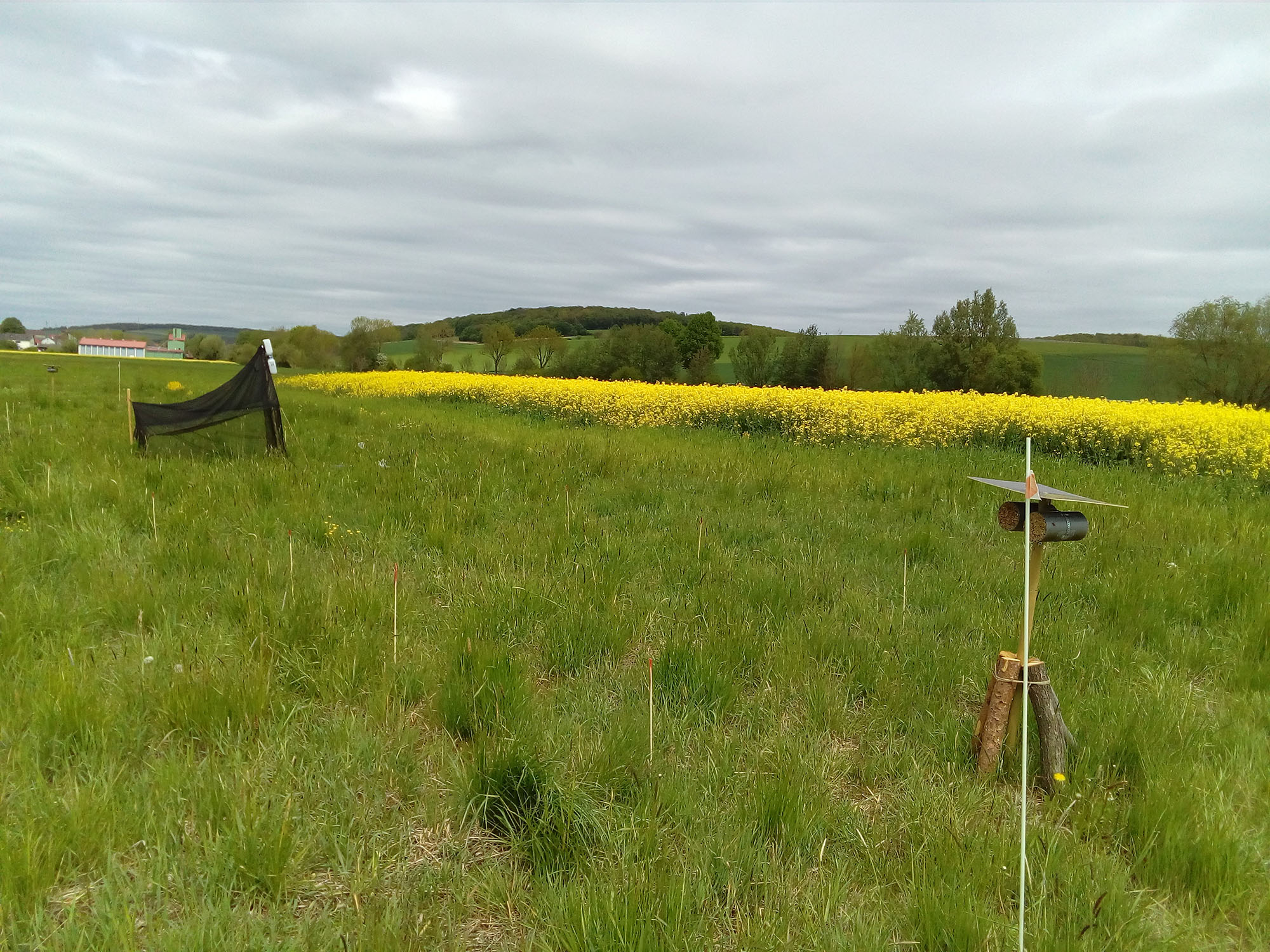
Sarah Redlich 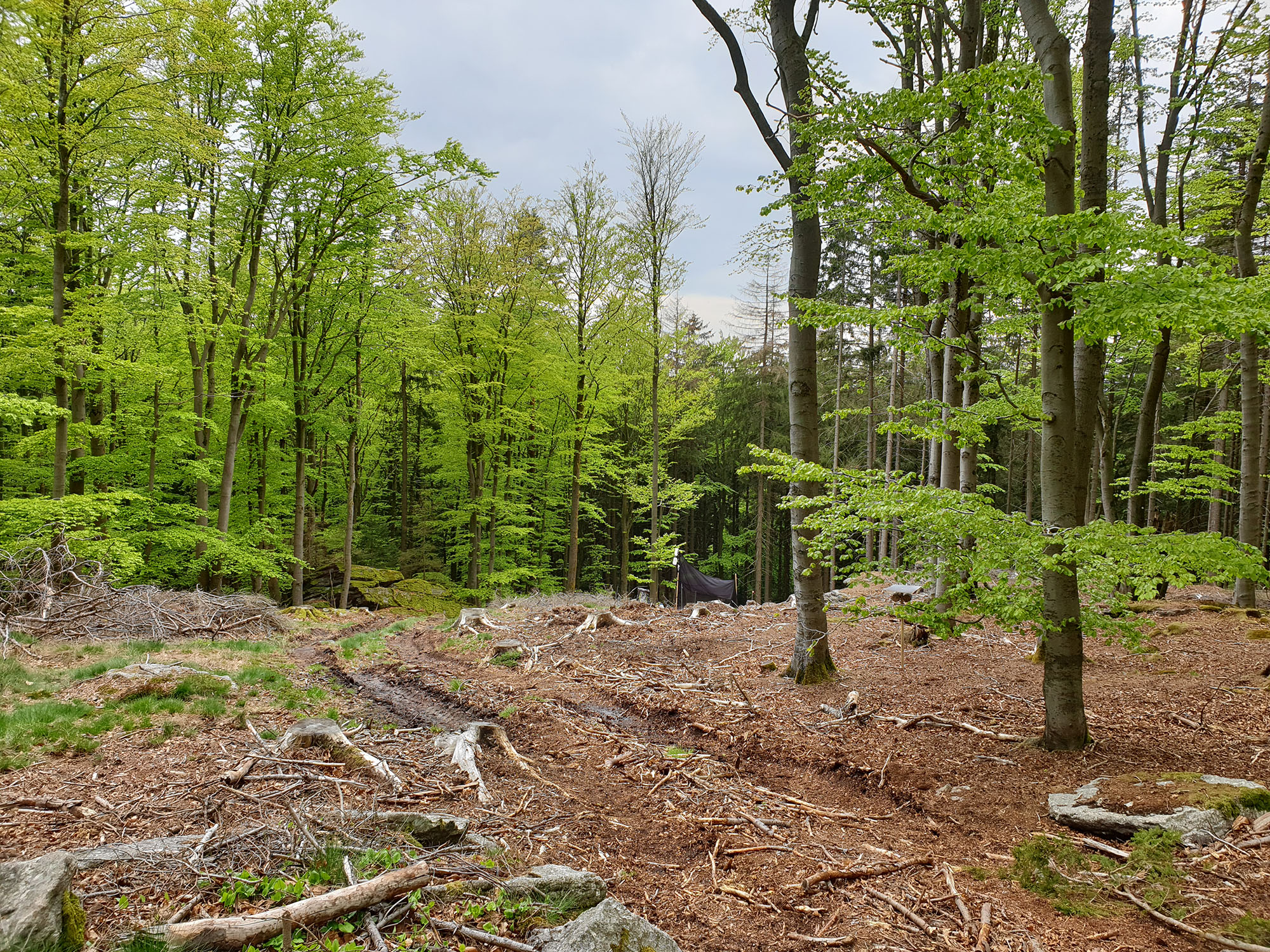
Rebekka Riebl and Maria Haensel 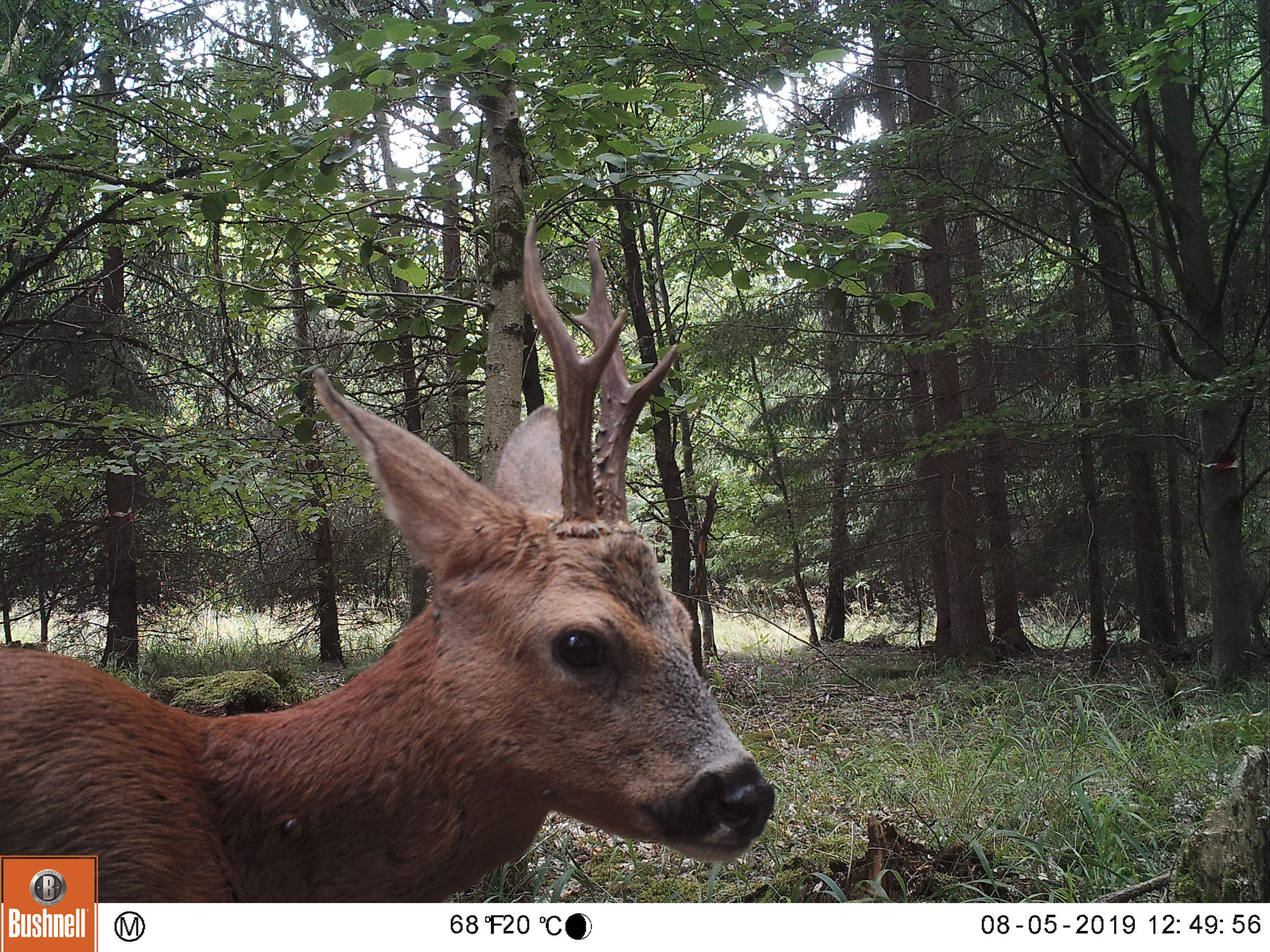
Rebekka Riebl and Maria Haensel 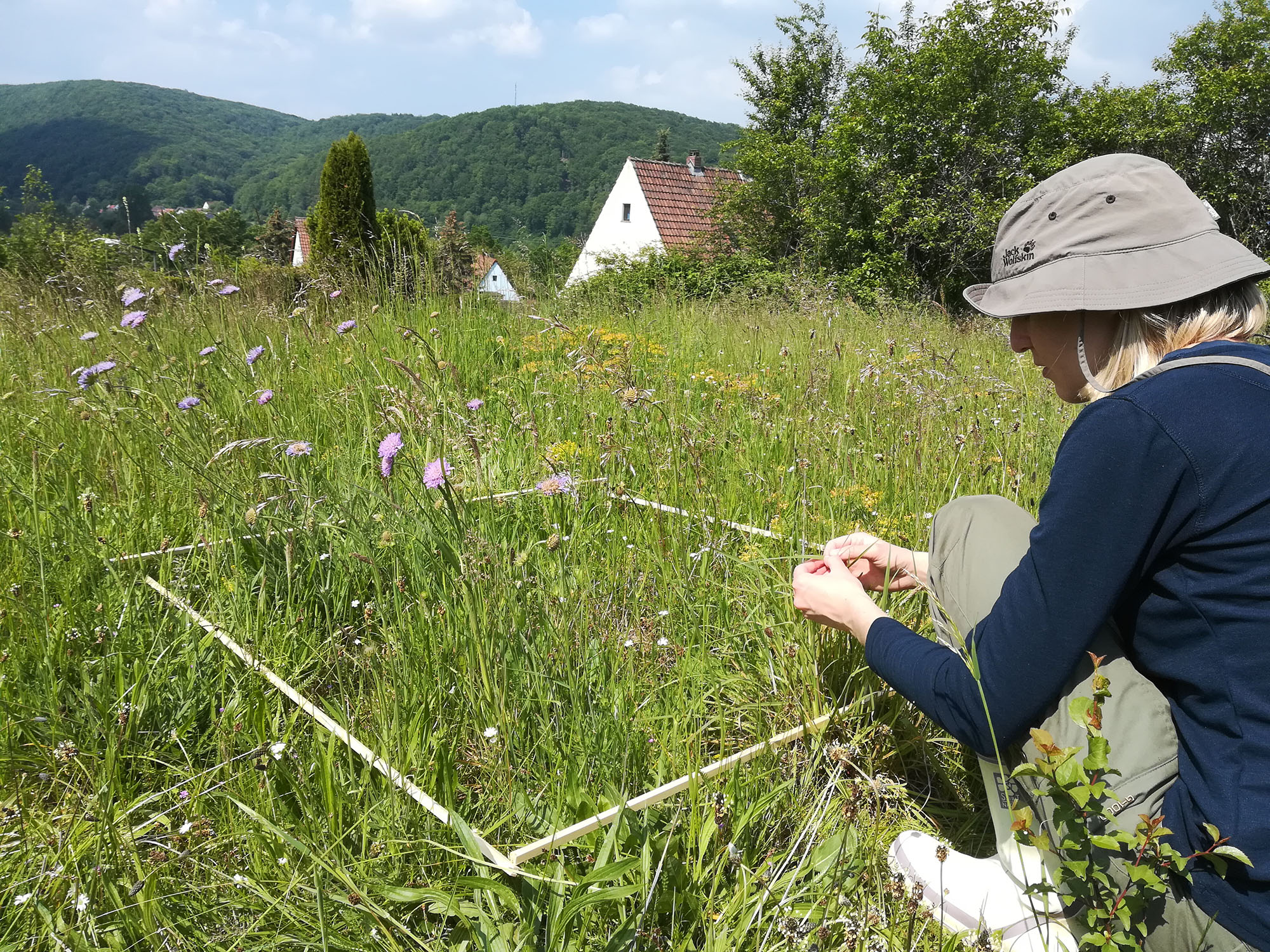
Sandra Botero 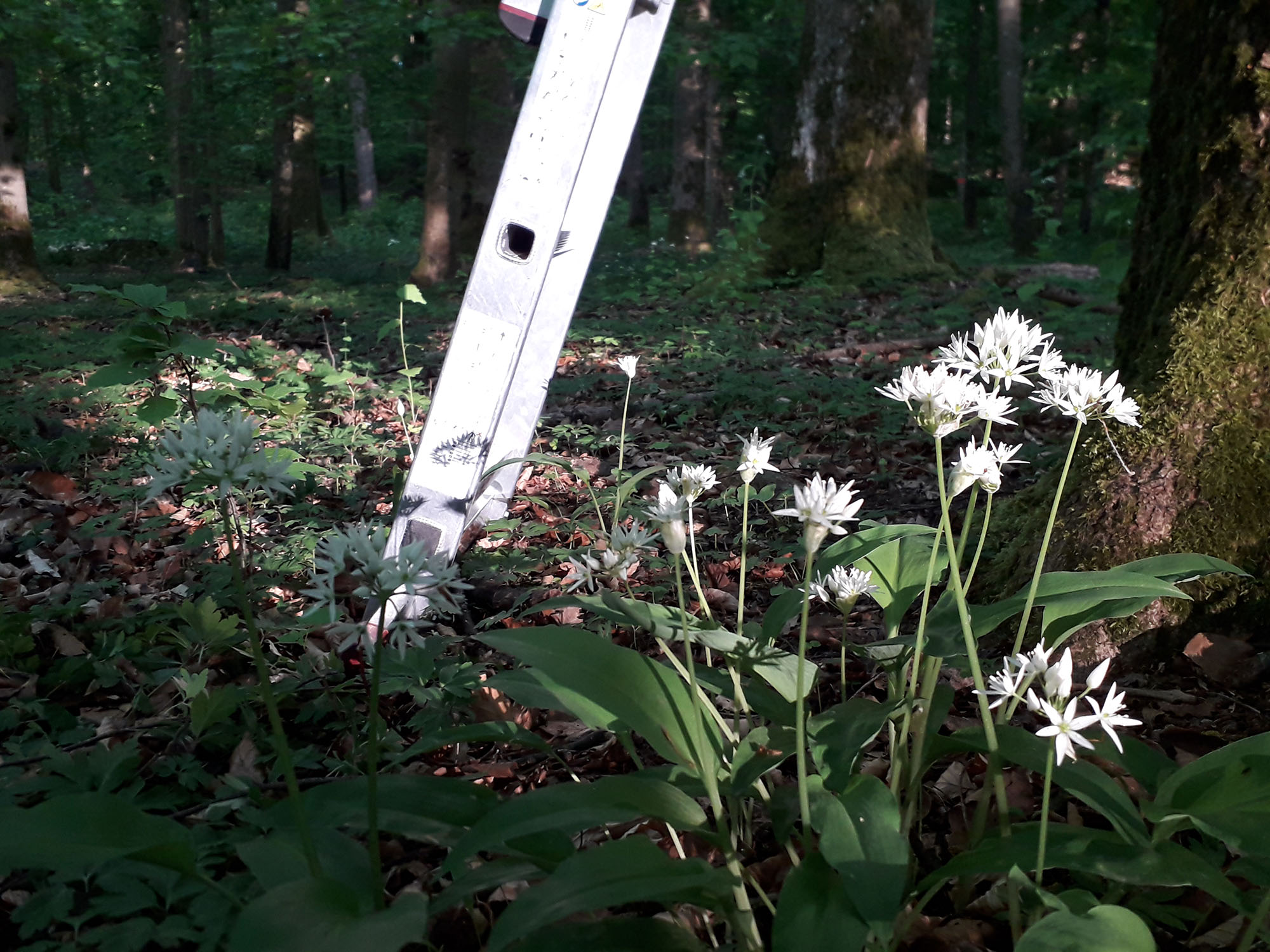
Lars Uphus 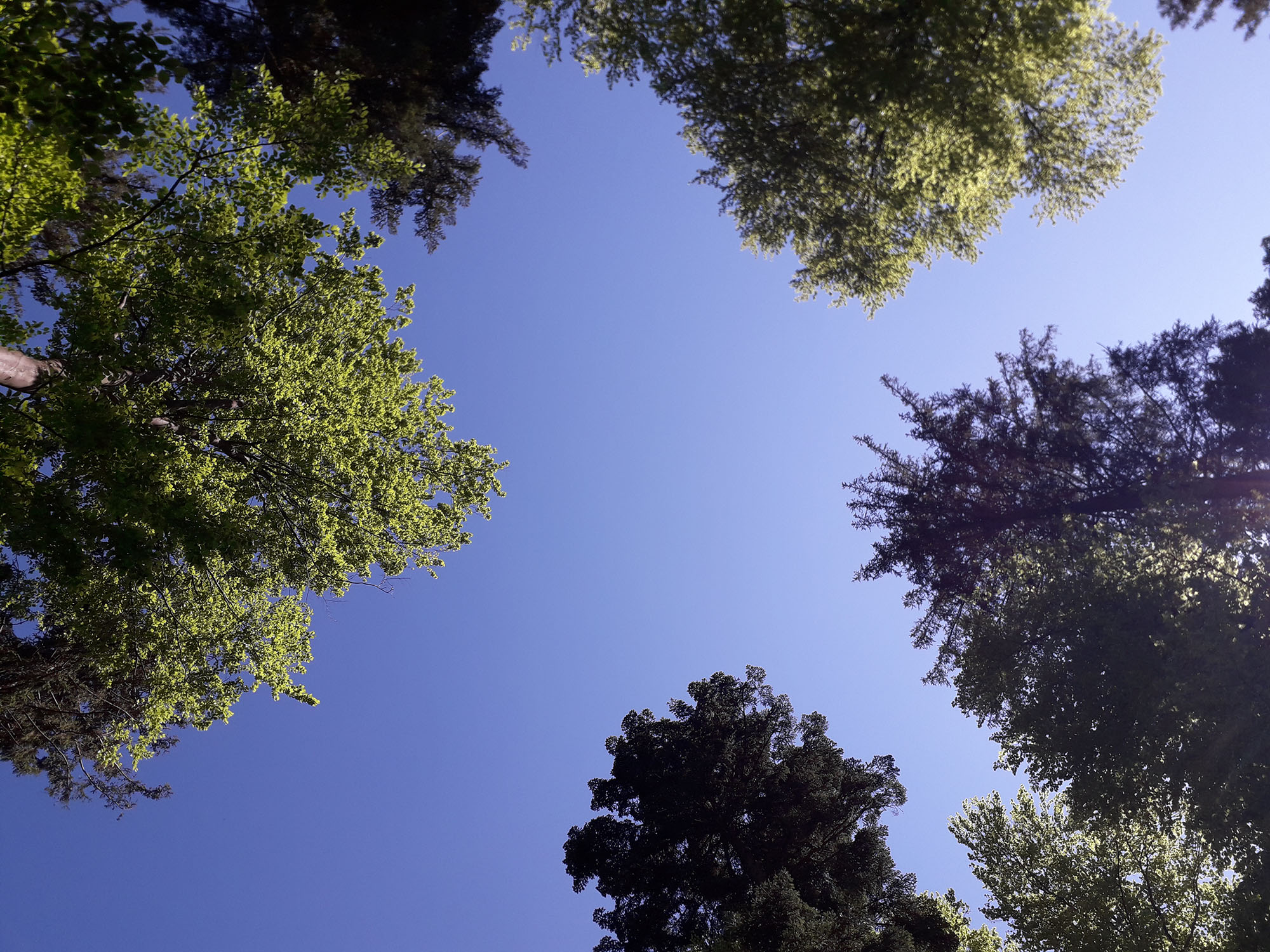
Lars Uphus 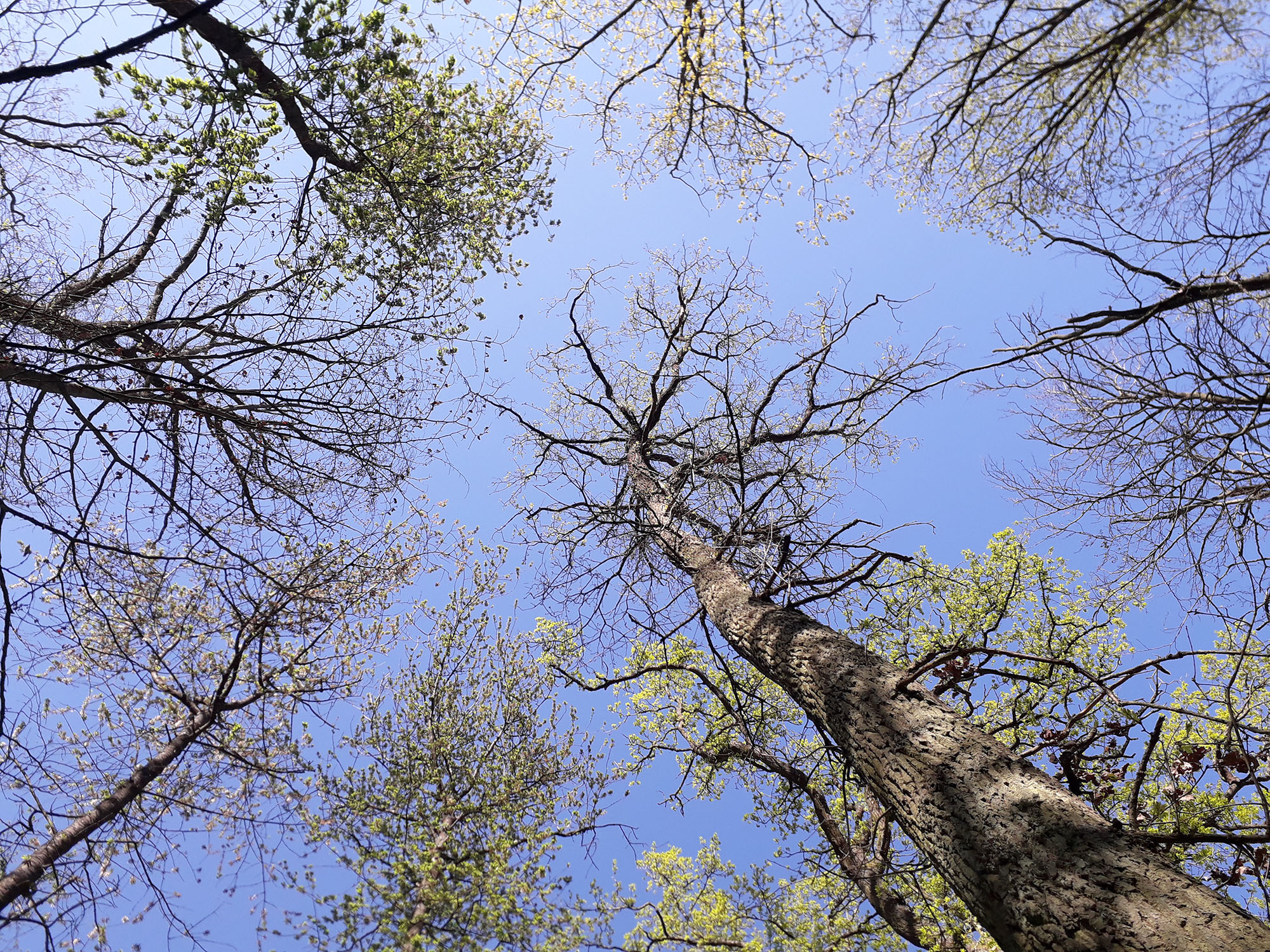
Lars Uphus 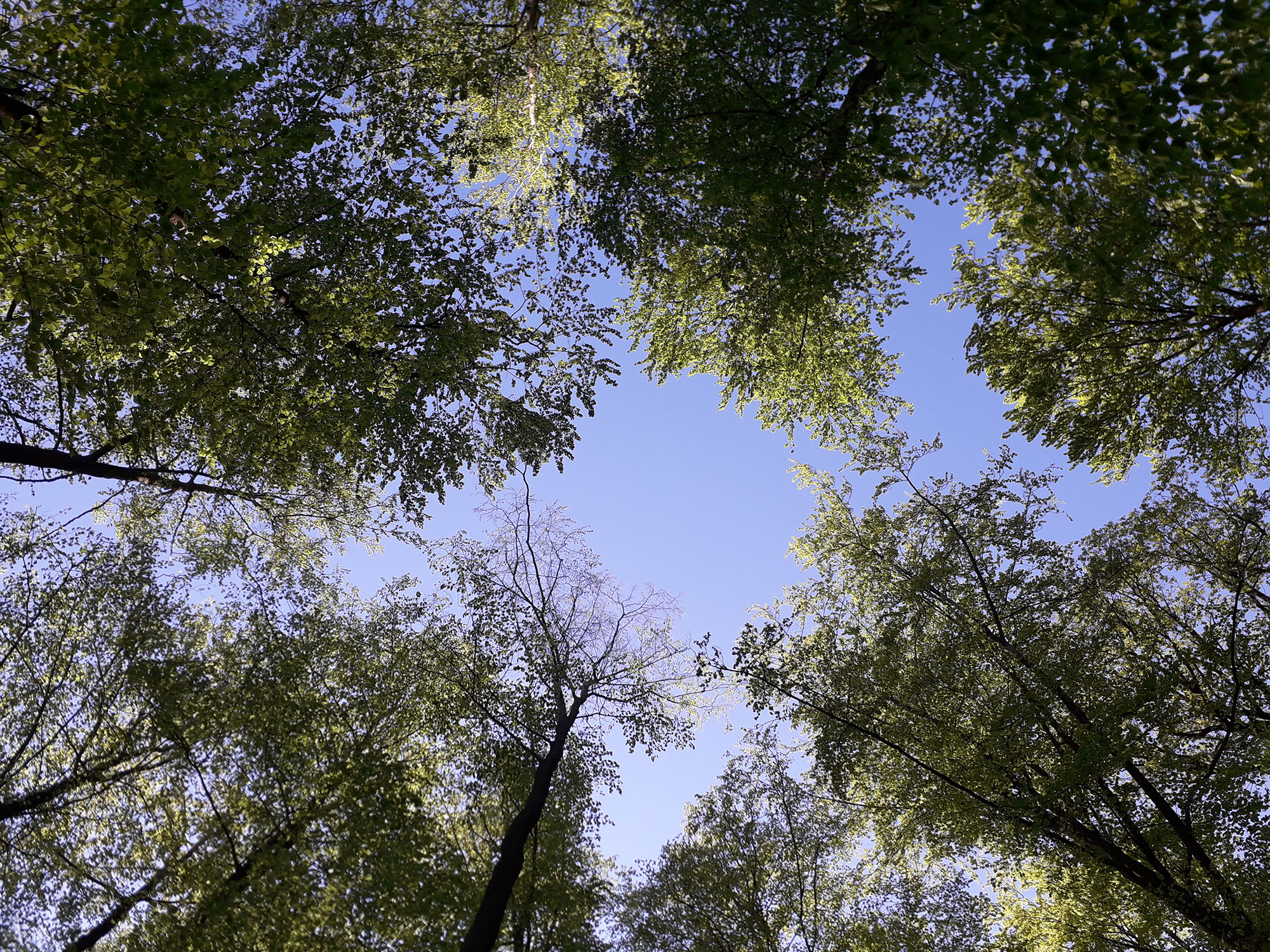
Lars Uphus 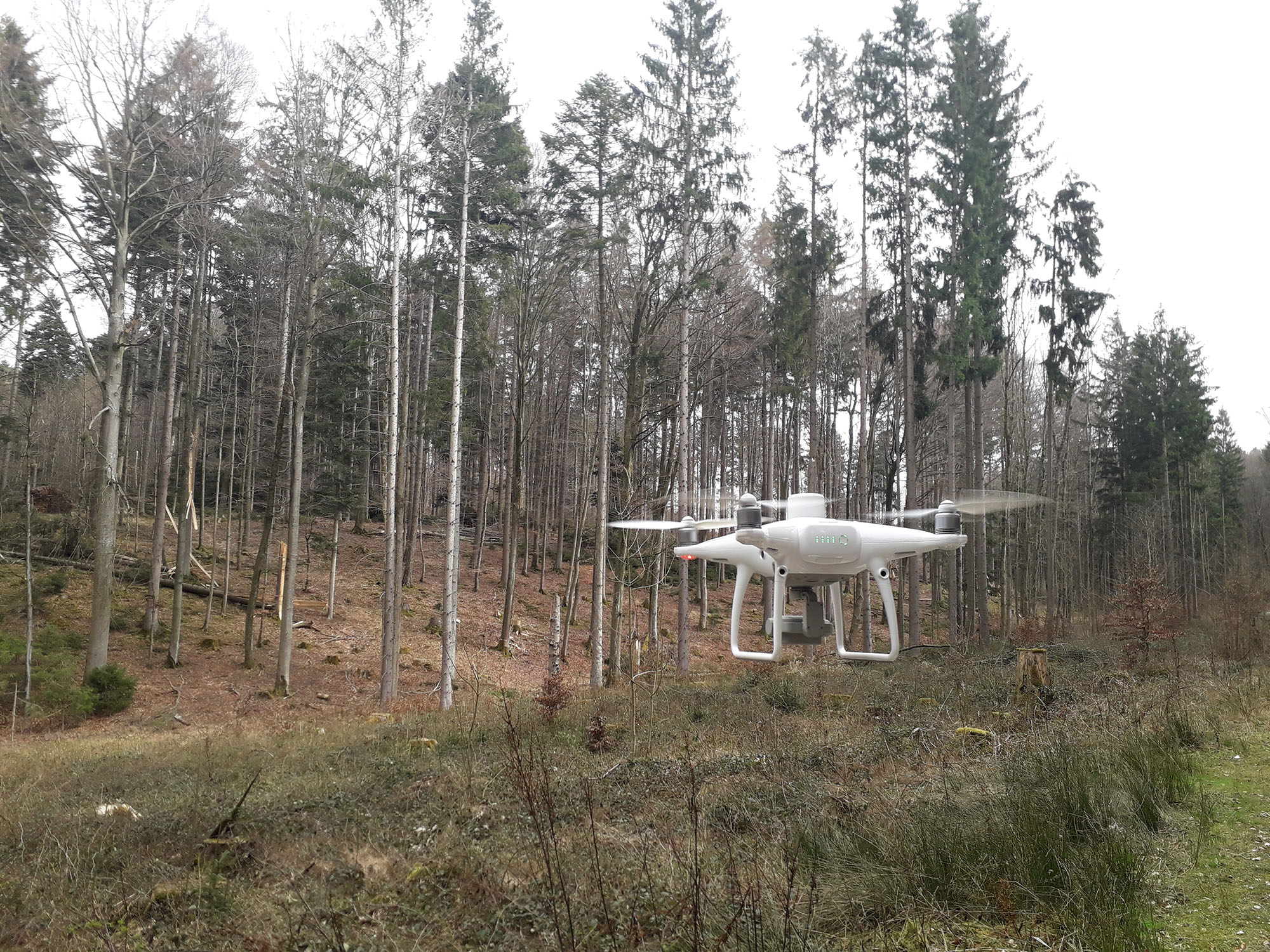
Lars Uphus 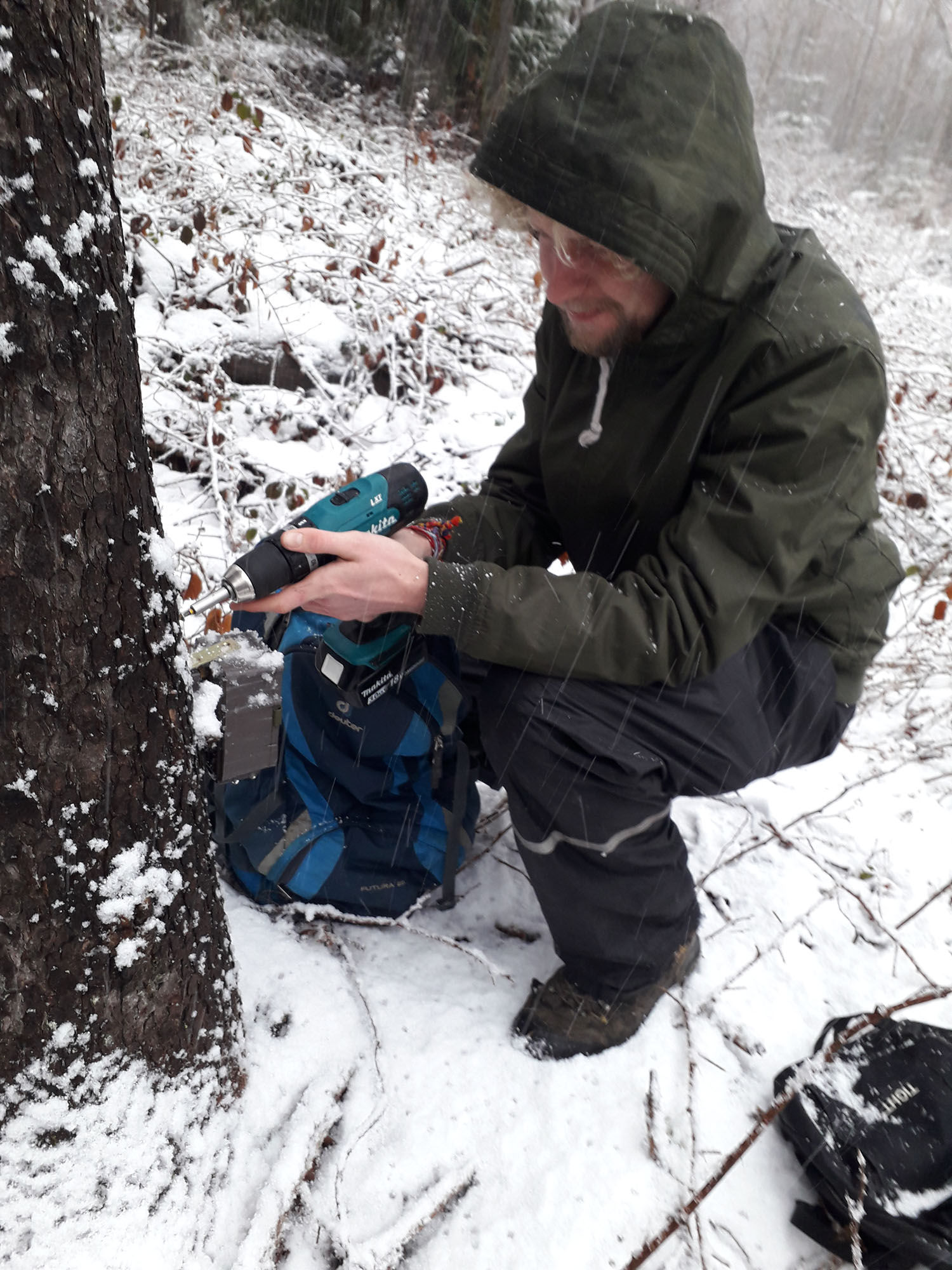
Lars Uphus 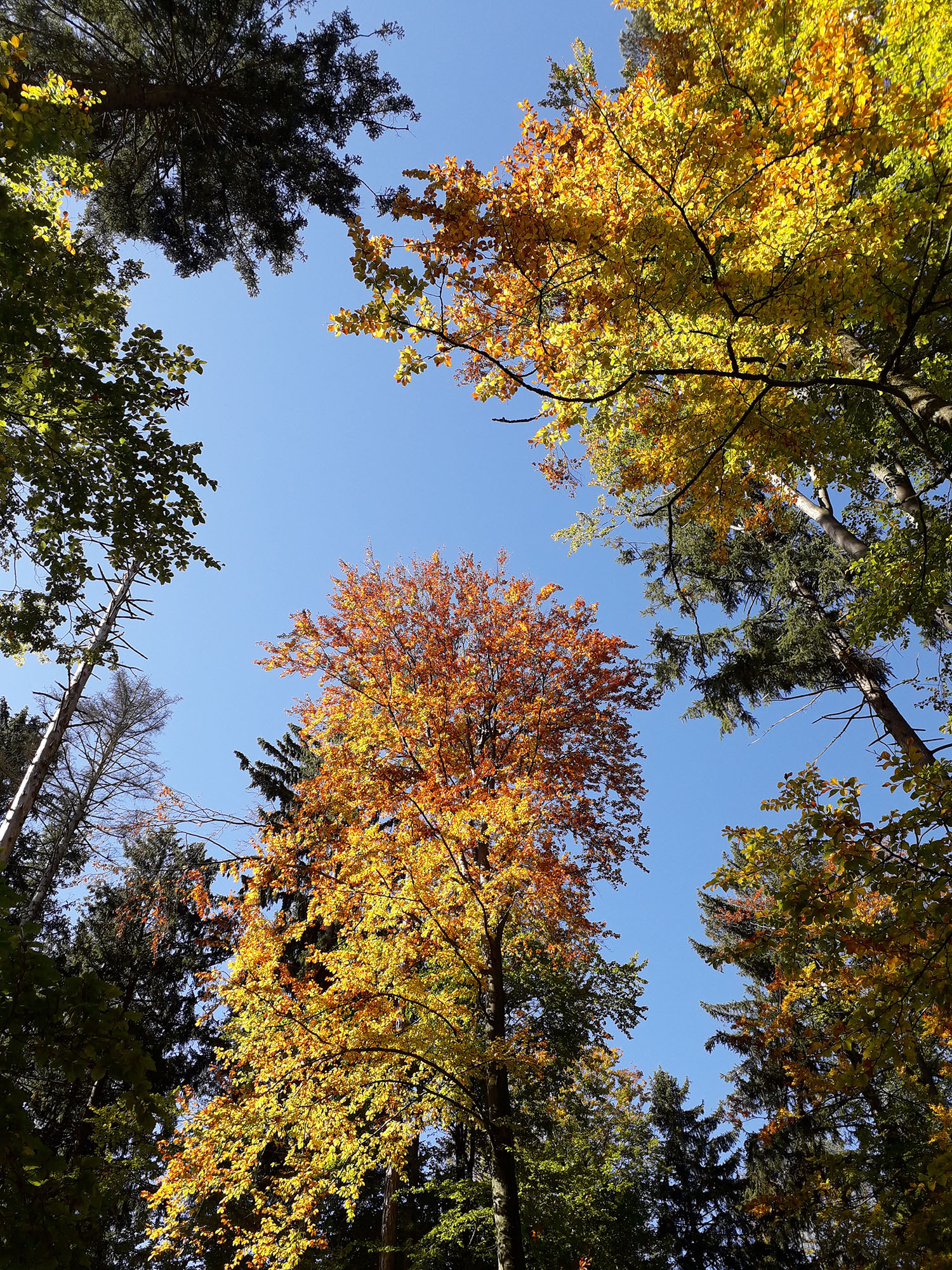
Lars Uphus 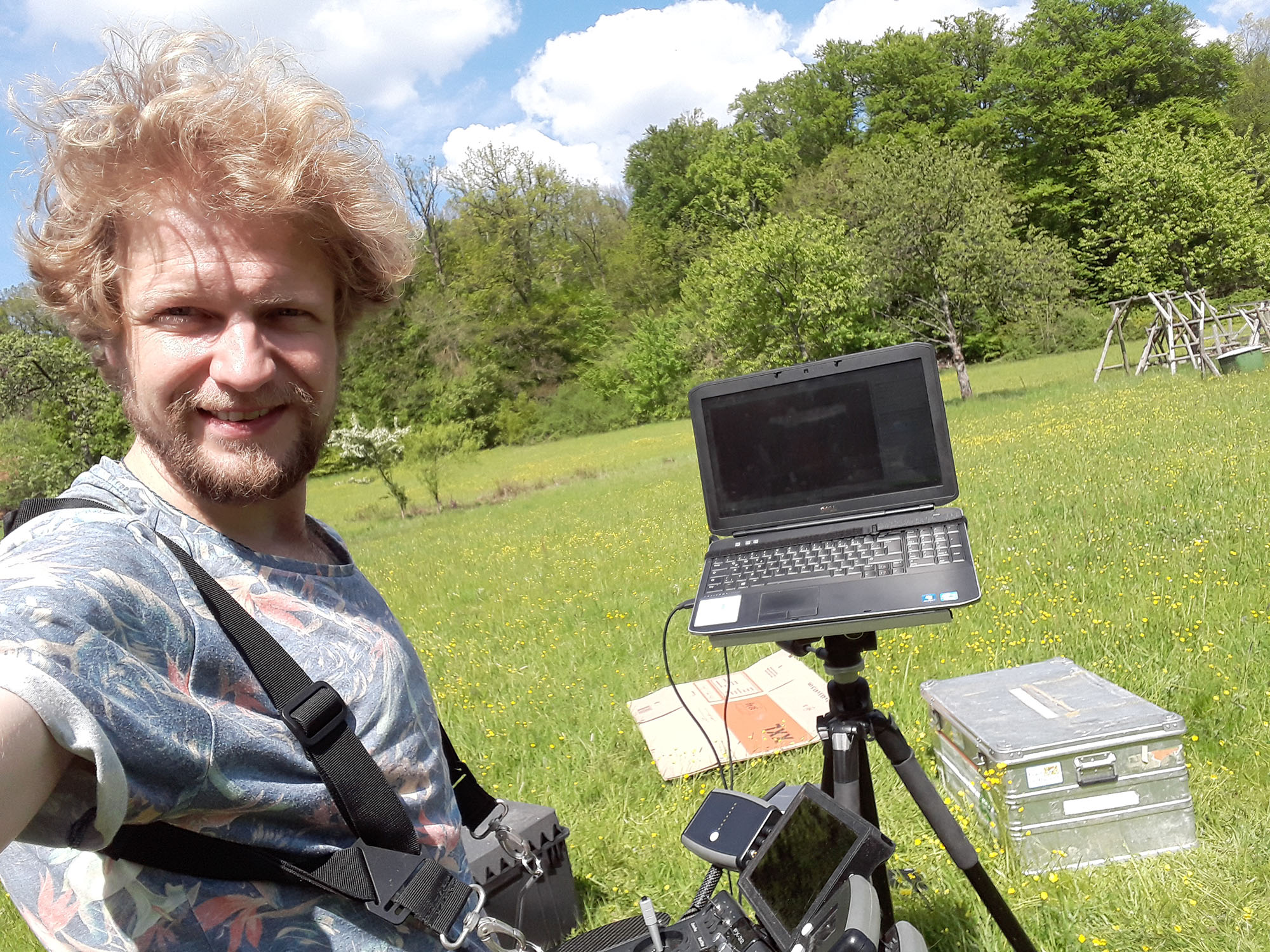
Lars Uphus 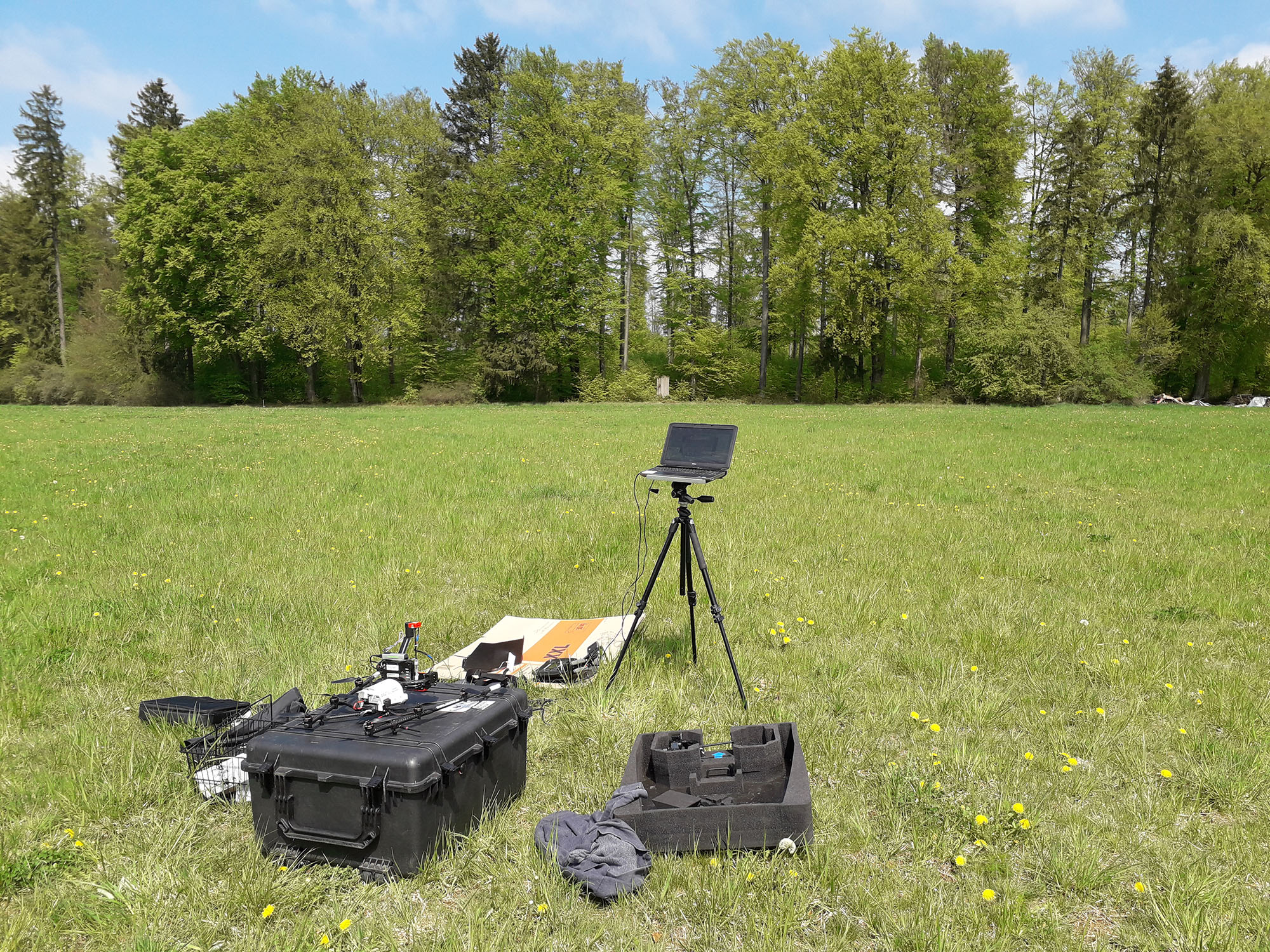
Lars Uphus 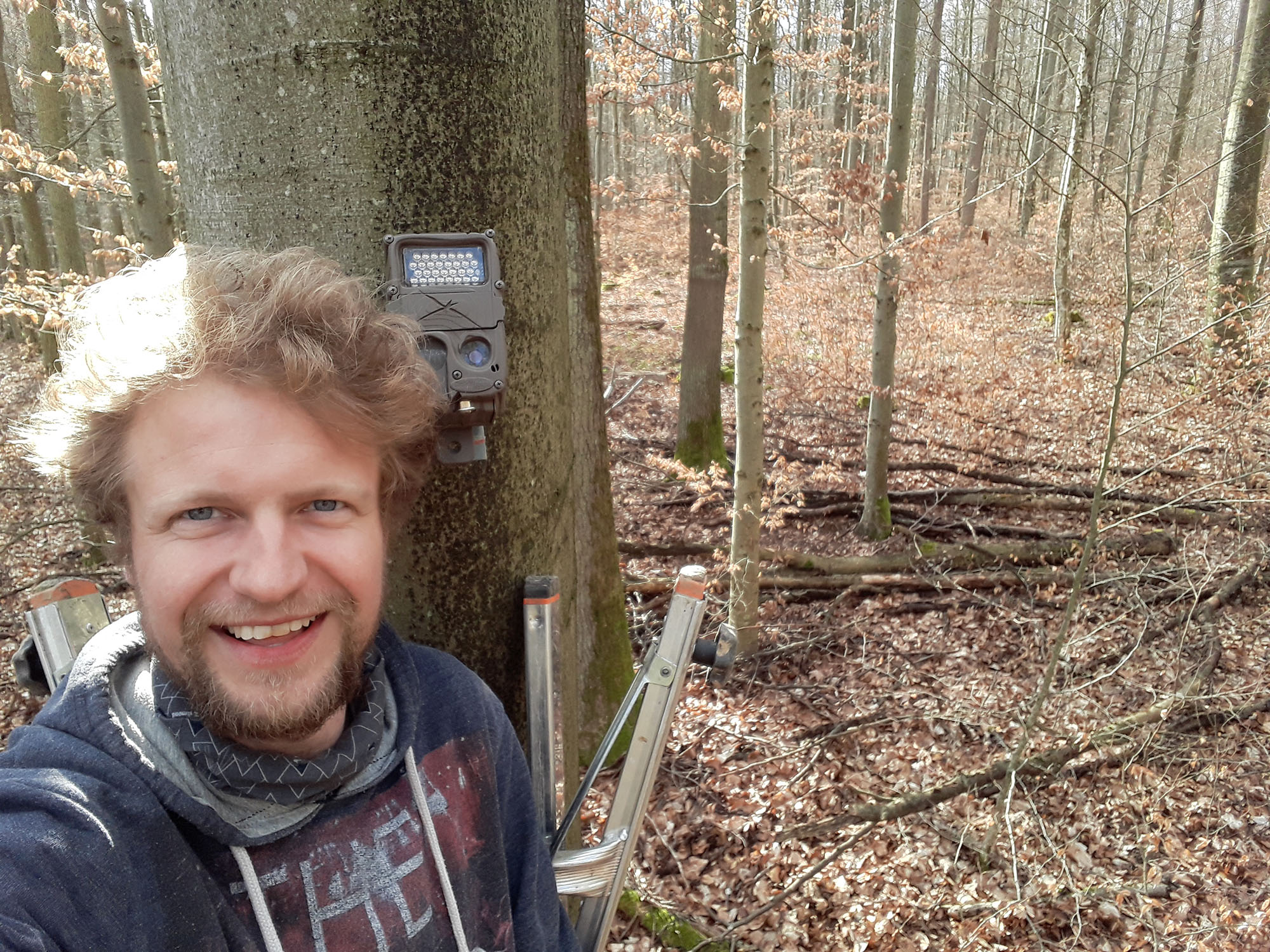
Lars Uphus 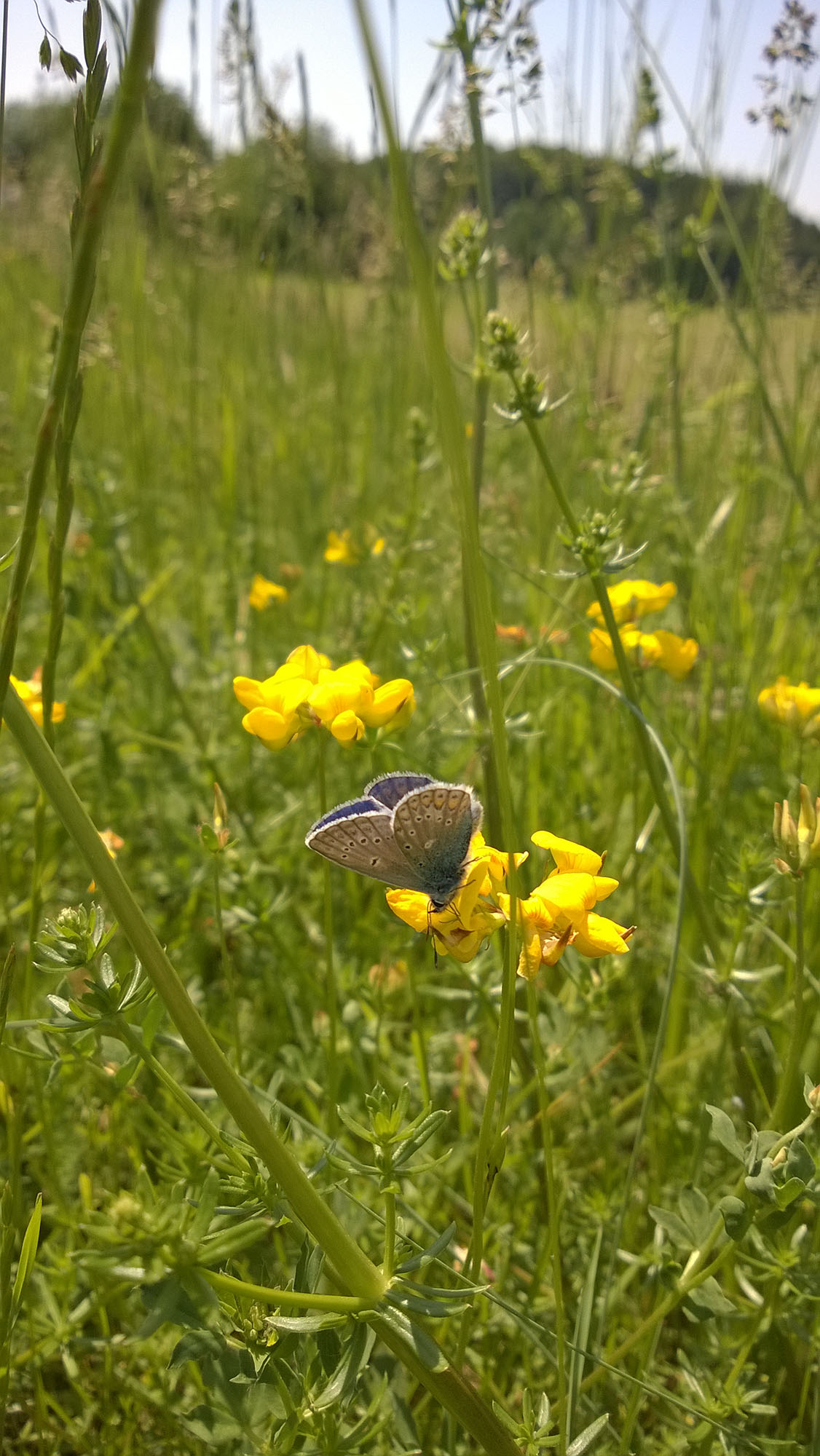
Cynthia Tobisch 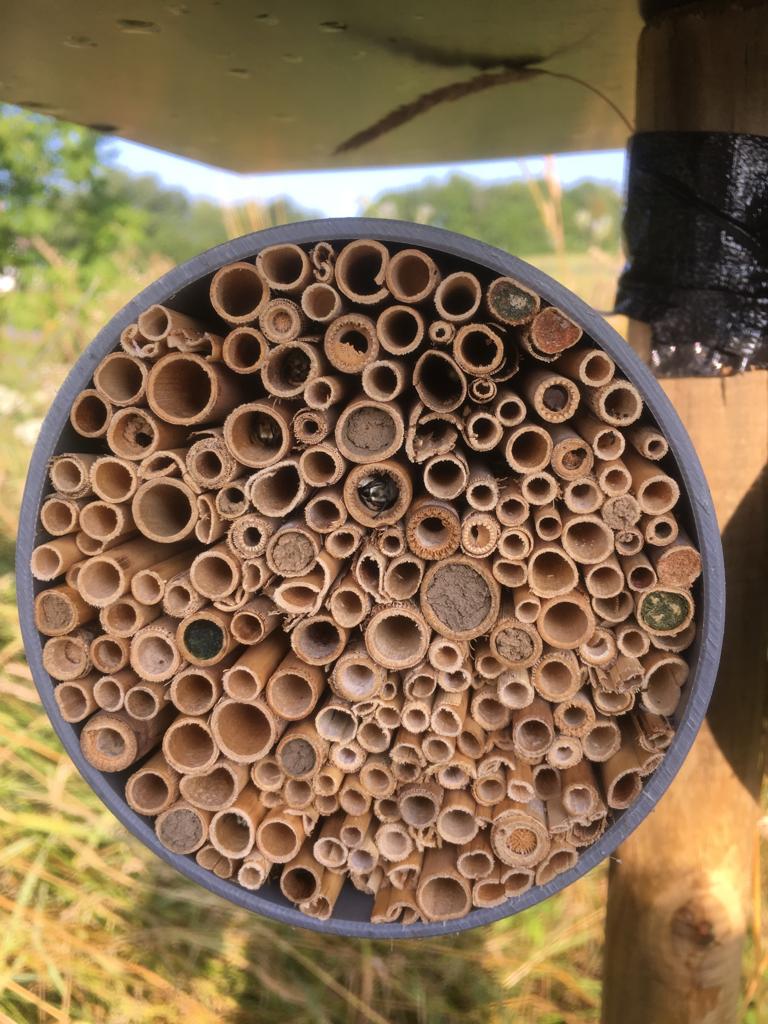
Cristina Ganuza

